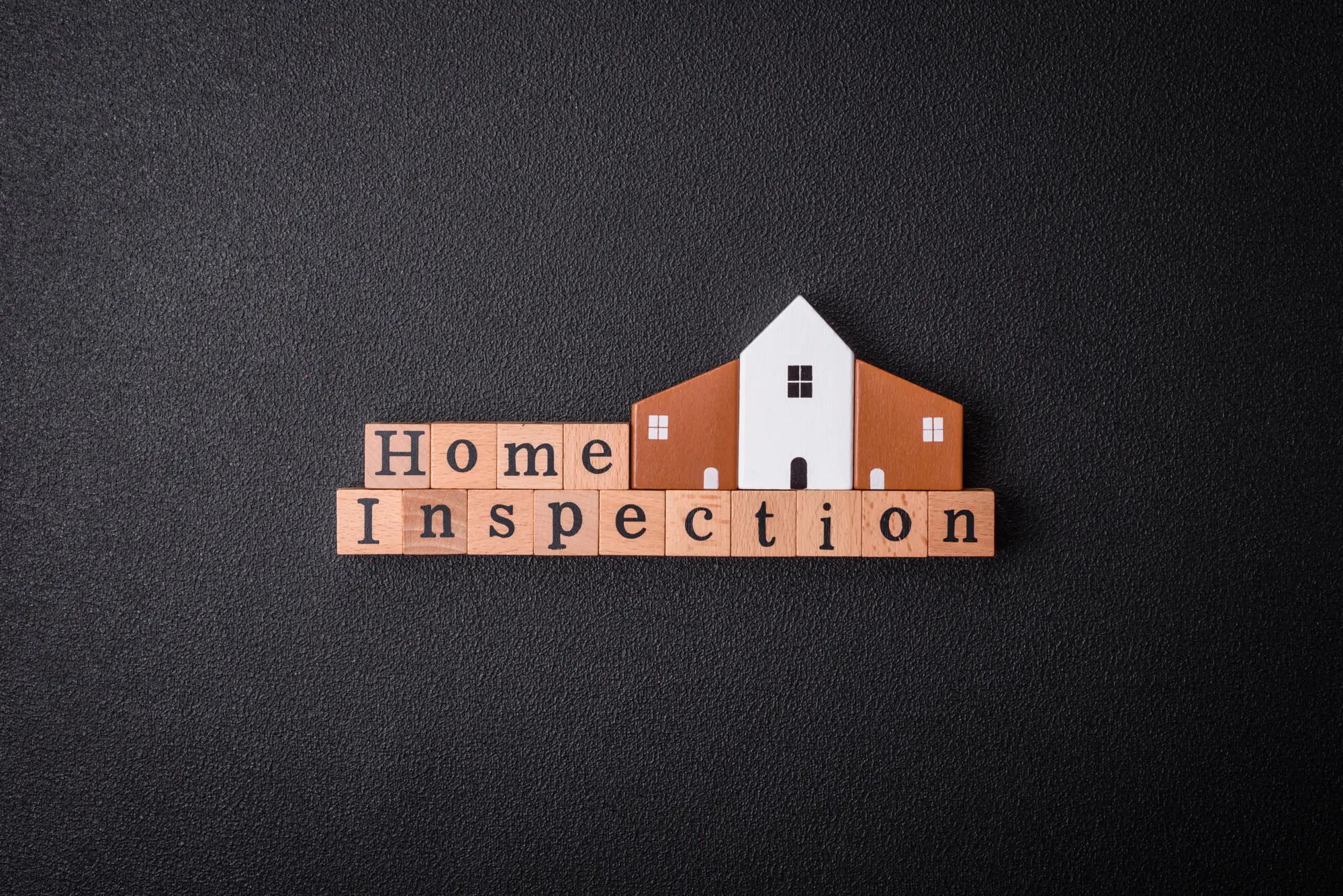One of the biggest complaints from tenants is that their landlords don't fix maintenance issues fast enough. However, another big complaint is that tenants dislike inspections and view them as invading their privacy.
Clearly, landlords have to tread a fine line.
We've crafted this definitive guide to rental property inspections, including how frequently you should conduct them and why. Read our property management tips on how to get inspections right.
Connecticut Laws
Before you inspect your property, you must consult with the law. Failure to do so could result in complaints from your tenant or legal action.
Connecticut has no rules on how frequently you can inspect your property. Nevertheless, there are stipulations about how you approach an inspection.
For example, you should always give your tenant at least 24 hours' notice unless it's an emergency. It's good practice to give your tenant as much notice as you can to keep your relationship positive.
Consider the Reason for Your Inspection
Remember that not all inspections are for the same reason. You might want to inspect a property to check:
- Systems like plumbing, electrics, and the HVAC unit
- Any disrepair or damage in your property
- Property violations such as smoking or pets
- Other issues, such as health and safety violations
Your reason for inspecting a property will shape the frequency. For example, let an HVAC engineer guide you on how frequently you need to service and inspect that system.
Additionally, issues like property violations should be handled with care, and you must not overschedule them.
Checking a tenant's property every month for violations could upset them and cause them to complain about a lack of privacy. In contrast, a tenant will be more open to visits for a critical concern like a potential safety issue.
Inspection Frequency Guidelines
It's a good idea to keep a calendar and book your visits in advance unless they are emergencies. Here is a short overview of the best frequencies depending on the type of inspection or visit:
- Schedule one visit at the beginning of each lease agreement for a new tenant
- Schedule an annual inspection to check the property condition
- Check health and safety violations at your annual inspection
- Schedule rental property maintenance checks (like HVAC services) twice a year in Spring and Fall
- Contact your tenant for an emergency visit if you've had an extreme weather event
- Contact your tenant for an emergency visit if you've had a report about an issue that poses an immediate risk to your tenant, the neighbors, or your property
- Conduct one visit when the tenant moves out
You should outline these in your lease agreement. That way, your tenant knows what to expect, and you are giving yourself greater legal protection.
Rental Property Inspections: Getting the Balance Right
There is a balance to be found in rental property inspections.
On the one hand, infrequent inspections give your tenant space, but on the other hand, frequent inspections are important for your property upkeep. Use this guide to help find a schedule that works for everyone.
PMI East Lyme is your trusted partner for all your Niantic, Connecticut, real estate needs. We can handle all aspects of property management and our responsive team will keep you informed about your investment.
Discover more about our services here.


